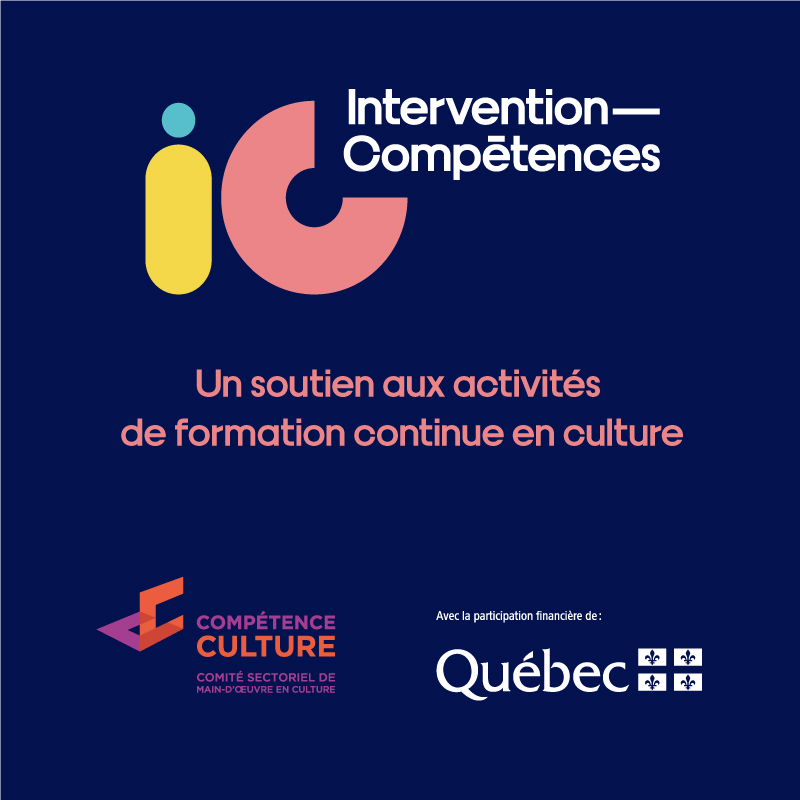Regulating Performance Stress
Exact Schedule
- Thursday, February 26, from 10:00 a.m. to 12:00 p.m.
- Friday, February 27, from 10:00 a.m. to 12:00 p.m.
For many dancers and cultural workers, performance anxiety has been a constant since childhood, while others are surprised to see it emerge at the height of their careers. Whatever the timing, it is best to address it before it undermines artistic practice. Left unattended, it may resurface in other contexts.
This workshop aims to present the concepts of stress, anxiety, and performance anxiety, while sharing knowledge and tools to help participants make good use of stress—or overcome its harmful symptoms.
Objectives
- Understand the mechanisms of stress, anxiety, and performance anxiety.
- Recognize early warning signs of performance stress.
- Explore strategies for managing stress in performance contexts.
- Transform stress into a creative ally.
- Manage negative thoughts and limiting beliefs.
Who is this training for ?
Artists, cultural workers, and managers in dance and other artistic disciplines.
Facilitator

© David Sdika Photography
Sophie Brive is a clinical psychologist. For over ten years, she has explored the complexity of the human psyche in all its richness and fragility. In 2021, as the world came to a standstill, she felt a vital need: to protect what remains alive within us. She left forensic psychiatry to dedicate herself fully to working with artists, especially in the performing and creative arts.
Convinced that the body and mind are the artist’s first instrument, she now supports professional dancers as they face the challenges of their practice: performance anxiety, general anxiety, imposter syndrome, and career pressure. Her role is to provide a safe space, attentive listening, and concrete tools to strengthen confidence, preserve balance, and allow performers to flourish both on and off stage. Because caring for the artist also means caring for the art itself.
This training, offered by the Regroupement québécois de la danse, is made possible thanks to the financial support of the Government of Québec through the Intervention-Compétences program of Compétence Culture.



